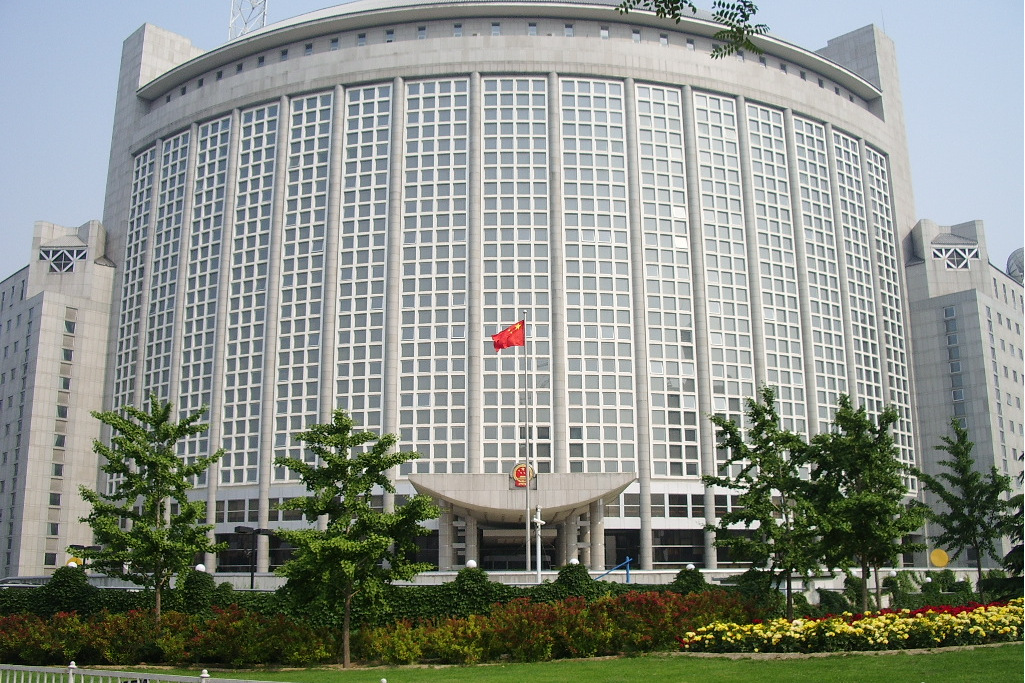
In June 2023, China’s State Administration for Market Regulation (SAMR) released the “Annual Report on China’s Anti-Monopoly Law Enforcement (2022)” (hereinafter the “2022 Report”, 中国反垄断执法年度报告(2022)) in English and Chinese versions.
The 2022 Report covers eight sections, including work overview, law enforcement achievements, industry-specific enforcement, rule of law development, fair competition policies, international exchanges, local efforts, and major events. It reflects the implementation of China’s anti-monopoly and fair competition policies in 2022.
Since 2019, the SAMR has prepared and published the “Annual Report on China’s Anti-Monopoly Law Enforcement” for four consecutive years.
According to the 2022 Report, Chinese regulators: (1) concluded 187 anti-monopoly cases of various types, with fines totaling CNY 784 million (approx. USD 107.67 million); and (2) concluded 794 cases involving the concentration of business operators, of which five were granted conditional approval.
Click HERE for the full text of the 2022 Report.
Photo by Gbenga Onalaja on Unsplash
Contributors: CJO Staff Contributors Team









